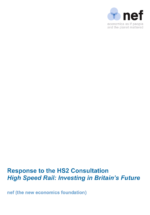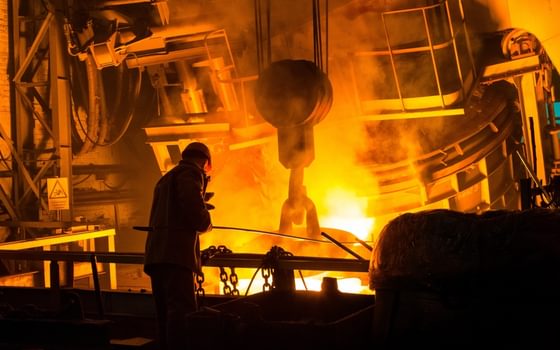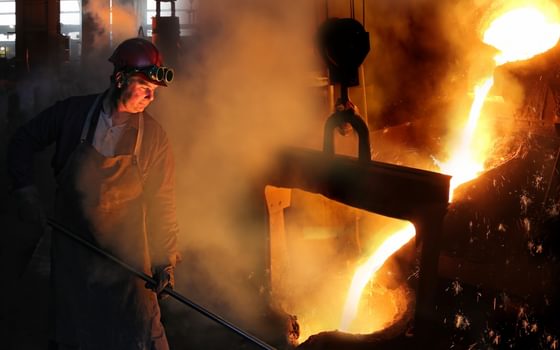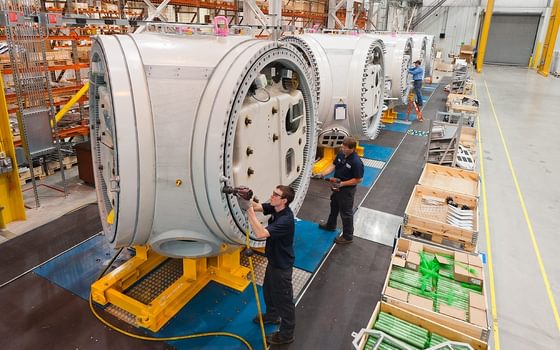Response to the HS2 Consultation
A response to the Government’s consultation on the proposed high speed rail link between London and northern cities
04 August 2011
As it stands, the Government’s case for a high speed rail link between London and northern cities (HS2) is incomplete and therefore cannot be used as a reliable basis for a decision on the project.
Too much has been omitted from the analysis for it to be robust and persuasive. There is positive bias towards the scheme which does not give confidence that HS2 will deliver against its objectives and create more value for society than it will absorb in resources. The Government should postpone a decision on HS2 and commission a full independent analysis of the proposal before proceeding further.
It is important to acknowledge the complexities of decision-making on large-scale projects. The bigger the investment, the bigger the opportunity costs. Large, expensive infrastructure schemes with a life-cycle spanning many decades carry especially high opportunity costs. The only way to mitigate against the inevitable uncertainties of such a project is by conducting a comprehensive analysis of the impacts and considering different the options that deliver on strategic goals.
Despite these challenges there is a robust pathway for making convincing decisions. This begins with
situating a project, particularly a large, impactful one, within national and sectoral strategies. Its direct
contribution and inter-linkages with other policies and investments can then be openly assessed.
Subsequently, strong appraisal is required for understanding how the scheme, and alternative options, will meet objectives, absorb resources and create value for society in its broad sense (i.e. across the economic, social and environmental spheres). Appraisal is essential for establishing how a scheme affects different groups in society, and for ensuring that resources are allocated to their most productive use.
The Government might claim this is the course pursued for HS2, but our reading of the evidence reveals that this is incomplete. As a result it is impossible to judge whether HS2 deserves support or not.
Despite there being a number of strategy documents relevant to high speed rail these do not amount to a top-down strategic flow leading to high speed rail. Without being clear how transport schemes, and specifically rail schemes like HS2, fit strategically, claims for what each one can deliver, such as making a major contribution to regional economic rebalancing, look disconnected and over-optimistic.
The appraisal of HS2 misses fundamental aspects of good practice, despite that good practice being laid out in HM Treasury’s guidance, The Green Book. The DfT’s cost-benefit analysis excludes all
environmental and social outcomes although HM Treasury stresses their importance.
By not evaluating wider impacts the DfT has in effect put their values at zero in cost-benefit terms, even though people do think these impacts are important and have value. Thus, the benefit-cost ratio, a number which carries weight with decision-makers, is based on a very narrow selection of impacts. The overall result is to overclaim benefits and understate costs, creating a strongly positive bias towards the scheme.
In the consultation, the DfT has made much of the carbon case for HS2, but this remains unconvincing. Over-optimistic occupancy rates, the failure to include a comprehensive estimate of the carbon emitted during the construction of HS2 and connecting it to other transport policies all point to an incomplete analysis.
The DfT has given particular weight to the benefits of lower carbon emissions of HS2 over short-haul flights. But this would only apply if there is a clear policy to restrict the use of the freed runway slots and not filling them with carbon intensive long-haul flights.
In short, good process and principles of strong appraisal have not been applied. There is a danger that poordecision-making will follow and the country will be making an expensive and uncertain gamble on HS2.
The limitations of the HS2 appraisal are as follows:
- Important material impacts of HS2 are excluded from the analysis
- By separating rhetoric on objectives from the appraisal, it is not possible to test the claims that are being made for HS2 which has implications for accountability
- Appraisal is not rooted in stakeholder engagement
- Evaluation of potential alternatives is incomplete
- Time savings are over-valued and over-emphasised
- There are significant inconsistencies with existing rail capacity and future demand figures
- The economic case is dependent on potentially optimistic economic growth
- The opportunity cost of HS2 investment is poorly evaluated
- Sensitivity testing is incomplete
- The carbon case for HS2 has not been made.
We call on the Government to postpone a decision on HS2, and to commission a full-scale independent
and impartial analysis of the proposal before proceeding further.
Topics Industrial strategy







